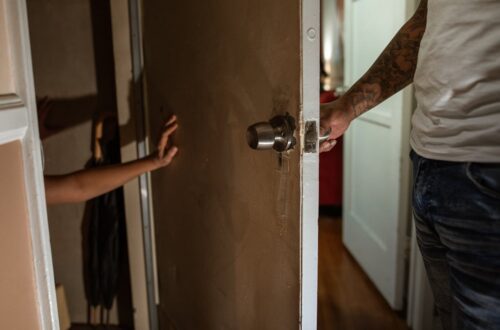The world of buying and selling houses just got a whole lot more interesting. The 72 Sold lawsuit have sparked fiery debates about truth in advertising, holding companies accountable, and how real estate agents should play the game. This case is forcing everyone involved to take a hard look at how we balance getting houses sold fast with keeping the whole system trustworthy.
Contents
What is the 72 Sold Concept?
At the heart of the controversy lies 72 Sold, a real estate company that promises an unconventional approach to selling properties. Founded in 2018 by Greg Hague, a prominent figure in the Arizona real estate scene, 72 Sold markets itself as a revolutionary program that can facilitate the sale of homes within an astonishingly short timeframe of eight days or less.
72 sold operates primarily across 38 markets in the United States. With a nationwide reach through its partnership with the esteemed Keller Williams brokerage, 72 Sold employs an auction-like strategy to generate buzz and drive buyer interest. This unique selling proposition has gained attention from homeowners seeking a swift and hassle-free transaction, as well as real estate investors aiming to maximize their portfolio’s liquidity.
The Allegations: Unveiling the 72 Sold lawsuit
The 72 Sold lawsuit roots in a series of allegations that strike at the core of the company’s operations and ethical conduct. At the forefront of the claims is the assertion that 72 Sold has engaged in misleading advertising practices, failing to consistently deliver on its promise of selling properties within the advertised eight-day timeframe.
Another central issue highlighted in the 72 Sold lawsuit revolves around the commissions and fees charged by the company. The allegations suggest that 72 Sold may have engaged in deceptive practices related to its commission structure and fees, potentially leading to financial harm for buyers and sellers.
Additionaly, the lawsuit alleges that the company has concealed essential information from homeowners. This includes the company not disclosing hidden fees and charges upfront. Consequently, their lack of transparency has dissatisfied clients who confronted unexpected costs.
The Parties Involved
The 72 Sold lawsuit involves a diverse array of stakeholders, each with their own vested interests and perspectives. At the center of the legal proceedings are the homeowners who enlisted 72 Sold’s services, seeking a swift sale of their properties. These individuals allege that they were misled by the company’s marketing claims and were not provided with the level of transparency and service they had been promised.
On the opposing side stands 72 Sold itself, along with its founder, Greg Hague. This also includes other key individuals associated with the company’s operations and management. Also, the lawsuit has drawn the attention of regulatory bodies and consumer protection agencies.
Conclusion
The 72 Sold lawsuit is a tremor shaking the foundations of the real estate industry. It throws a spotlight on established practices, forcing a hard look at where the ethical lines lie. As the case unfolds, the ripples will reach far beyond the courtroom, potentially reshaping industry norms.
Win or lose, this lawsuit serves as a wake-up call.
The 72 Sold lawsuit: Frequently Asked Questions
What actions can buyers and sellers take to protect themselves amidst the 72 Sold lawsuit?
Buyers and sellers should exercise caution and conduct thorough due diligence when engaging with real estate companies. Also, this includes carefully reviewing all documentation, seeking legal advice, and verifying the accuracy of information provided.
What are the potential long-term consequences of the 72 Sold lawsuit for the real estate industry?
The 72 Sold lawsuit could lead to
- Increased regulatory scrutiny
- Changes in industry practices
- Heightened consumer awareness about the risks associated with real estate investments.
- Prompt the implementation of stricter disclosure requirements,
- Enhance consumer protection laws and more stringent oversight of real estate transactions.
How might the outcome of the 72 Sold lawsuit impact consumer confidence in the real estate market?
The outcome of the 72 Sold lawsuit could either boost or erode consumer confidence in the real estate market. If the allegations are proven true, it may shake consumer trust and lead to heightened skepticism towards unconventional selling practices.
On the other hand, if 72 Sold successfully defends itself, it could reinforce the legitimacy of innovative approaches within the industry.
What steps can regulators and policymakers take to address issues raised by the 72 Sold lawsuit?
They can take steps such as strengthening consumer protection laws, improving oversight of transactions, and promoting greater transparency.
How have other similar lawsuits in the past influenced the real estate market?
Past lawsuits involving allegations of fraud have led to reforms in the real estate industry. This includes changes in regulations, increased disclosure requirements, and greater accountability for market participants. These lawsuits have often served as catalysts for improving standards, enhancing consumer protection, and restoring trust in the sector.






